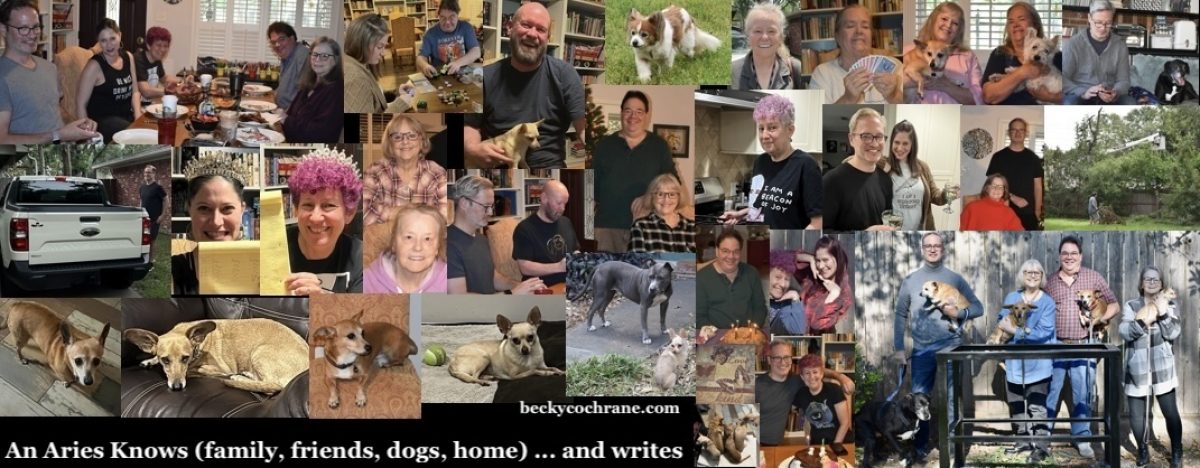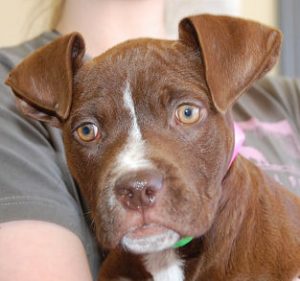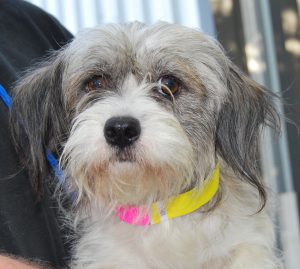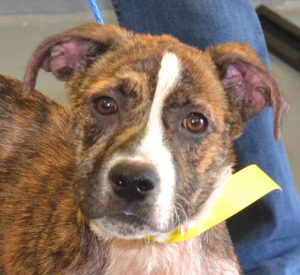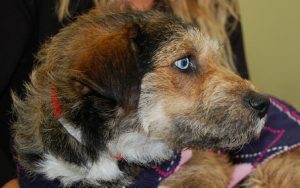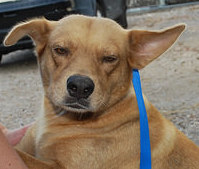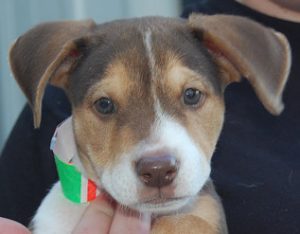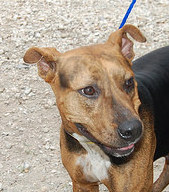
“After my mother ran away with my baby brother, leaving my sister and me with our dad, I began to understand why she might have left. I wasn’t any less angry about her vanishing act–for one thing, I missed Joey–but I had new insights about my father.
First, he never noticed the way the neighbors in our building started treating him. I was sure they thought the circumstances of her leaving were suspicious and that he’d done something to her. It didn’t matter that the police had a clear chain of evidence of her exit from Oker, South Carolina, thanks to grainy video images from convenience stores and mysterious cameras I didn’t even know our town had, along with credit card receipts and bus tickets. They even knew where she ended up–Miami. The cops suspected she’d run off to meet a man. But nobody else in our town was missing, and my mom had never turned on our computer. That ruled out an online romance, and anyway, what secret, beachside lover wanted a woman to bring her toddler along? The cops were willing to pursue parental kidnapping charges, but my father said no. She and Joey were just taking a break, and she’d come back sooner or later.
Besides noticing nothing about the neighbors and indulging in this fantasy about my mother’s return, my father was also clueless about Mandy and me. He left for his job at the lab in Greenville at six every morning, getting home after six every night, so it took a while for him to notice I never seemed to leave the apartment. I told him I was part of an at-home work study program for seniors–I was a junior. While my absences were adding up at Oker High, Mandy, who actually was a senior, had perfect attendance. She went to school every day with her boyfriend Stoney–most accurate nickname ever–after he spent the night in her room, showered with her, and crunched Rice Krispies at the table with her, none of which my father knew.
When Aunt Winnie came over one Sunday to bring chicken and potato salad, she cornered me in the kitchen and said, ‘Your father is a superhero to take care of you girls and put up with your mother’s desertion.’
Yeah, I thought. Captain Oblivious.”
I take photos. I write. My volunteer job is taking photos of rescued dogs and cats transported by the rescue group whose records I manage. Since working and volunteering don’t leave me a lot of time to write, I’m spending 2017 borrowing from what these dogs and cats are writing. They said it’s okay.
